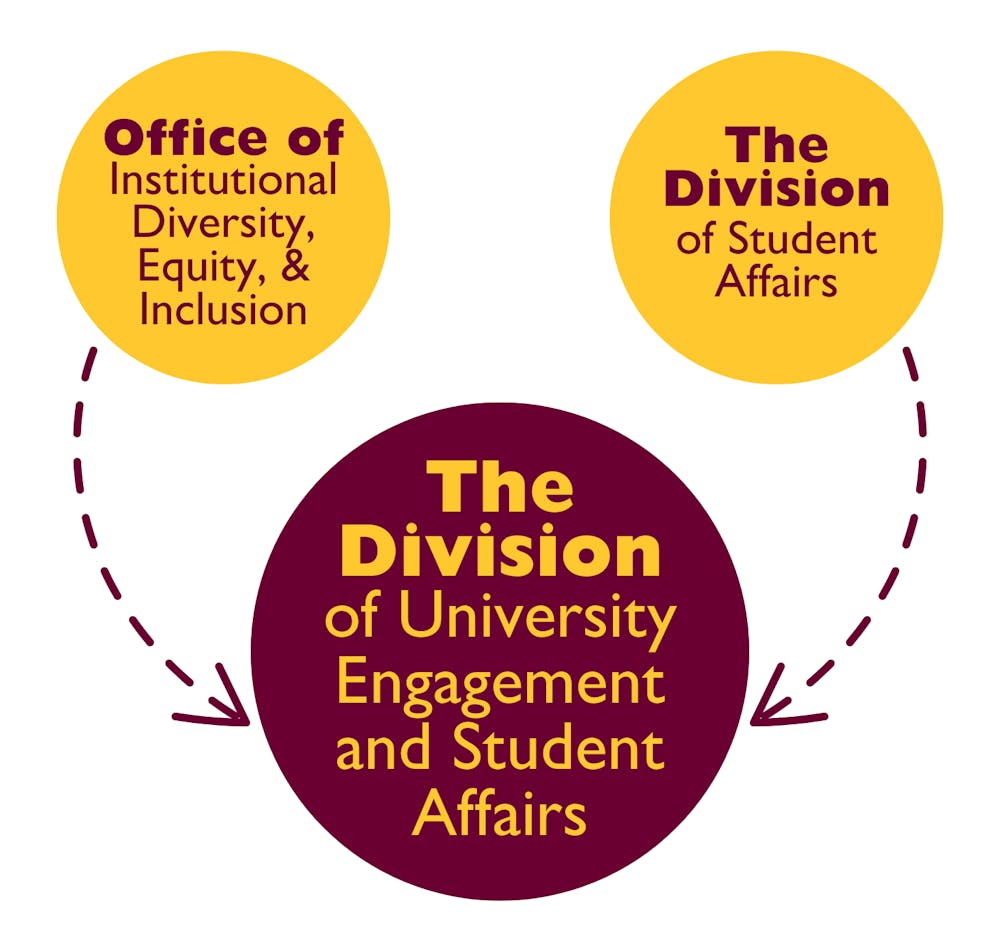'We stand by our values'
CMU's approach to DEI changes
It’s been over eight months since the federal government ordered the removal of the diversity, equity and inclusion programming, but what does this mean for Central Michigan University?
Provost Paula Lancaster said CMU is continuing the work as usual.
“We’ve made no changes to curriculum, majors, minors, programs, courses — no changes,” said Lancaster. “In part, that is because what we hear from the federal government ... is that we cannot be violating non-discrimination policies. And we’re not, nor have we.”
The Policy Compliance and Communications Committee was created in early 2025 to assess changes in federal policy that could potentially impact CMU. The committee works with the CMU administration to send email reports to students and faculty detailing their findings.
An article from The Chronicle of Higher Education, authored by Erin Gretzinger and others and published on Sept. 26, 2025, reported that other institutions across the U.S. have dismantled their DEI initiatives.
Early in 2025, CMU merged the former Office of DEI and the Division of Student Affairs into a new administrative unit: the Division of University Engagement and Student Affairs.
The division’s website describes its focus as helping students succeed in and out of the classroom. The areas of service it provides include health and well-being, community and student advocacy.
The new division is led by its vice president, Shawna Patterson-Stephens, who took the role after serving as the vice president of Inclusive Excellence and Belonging.
Patterson-Stephens said that until the university receives formal guidance and support from the federal government, it will continue to move forward as planned.
“We stand by our values in making sure that people have access to higher education,” Patterson-Stephens said. “I think something especially pertinent amongst all regional institutions is our commitment and responsibility to the region and to the communities that we serve, and so it’s just really important that folks feel like they belong in that space, especially because in other capacities, maybe at other institutions, they may not have had that same experience.”
CMU’s commitment to its students, she said, is founded in the belief that connection and belonging are critical to student success.
“We want people to spread their wings and to feel supported in doing that,” Patterson-Stevens said. “And you’re more inclined to do that if you feel connected and feel like you belong here.”




